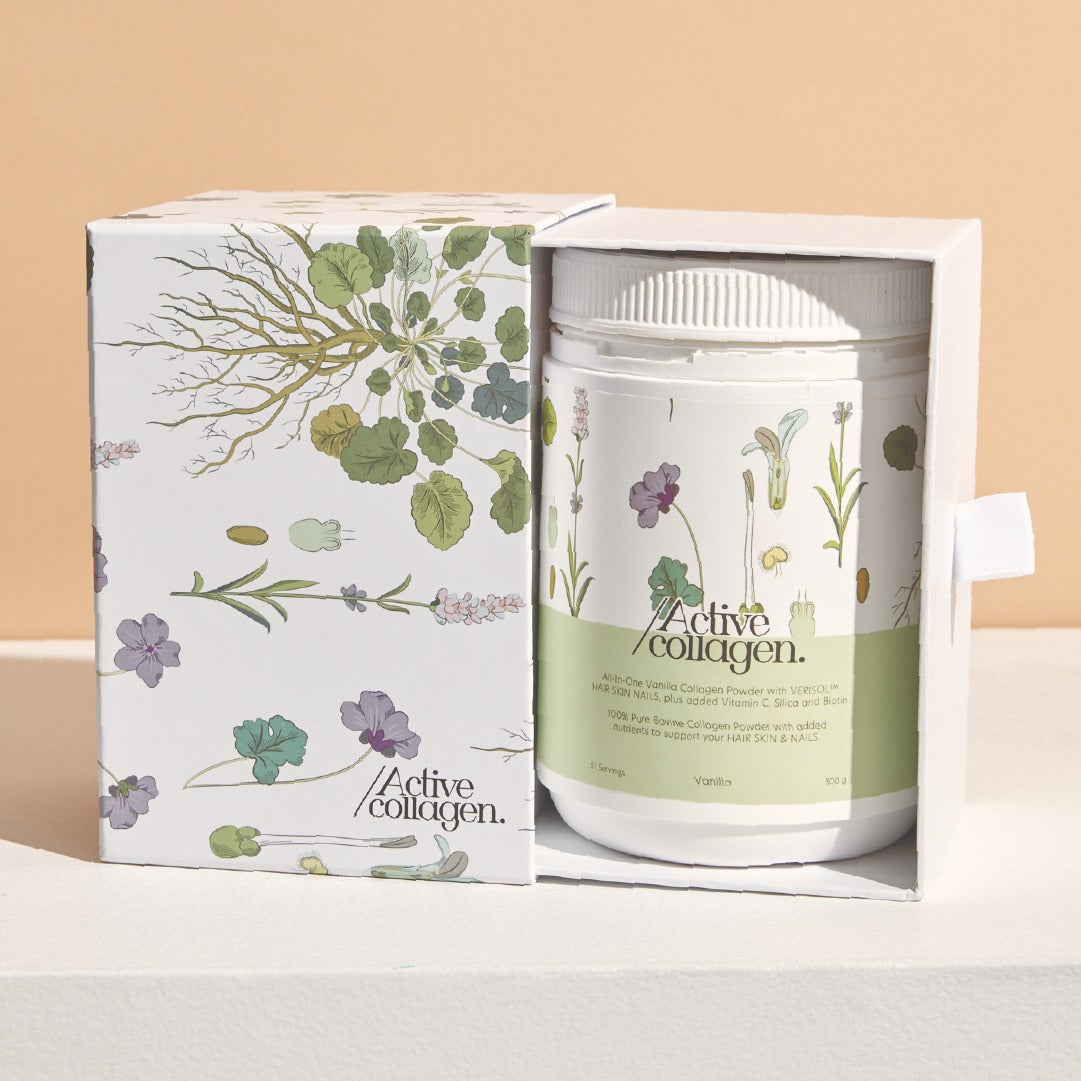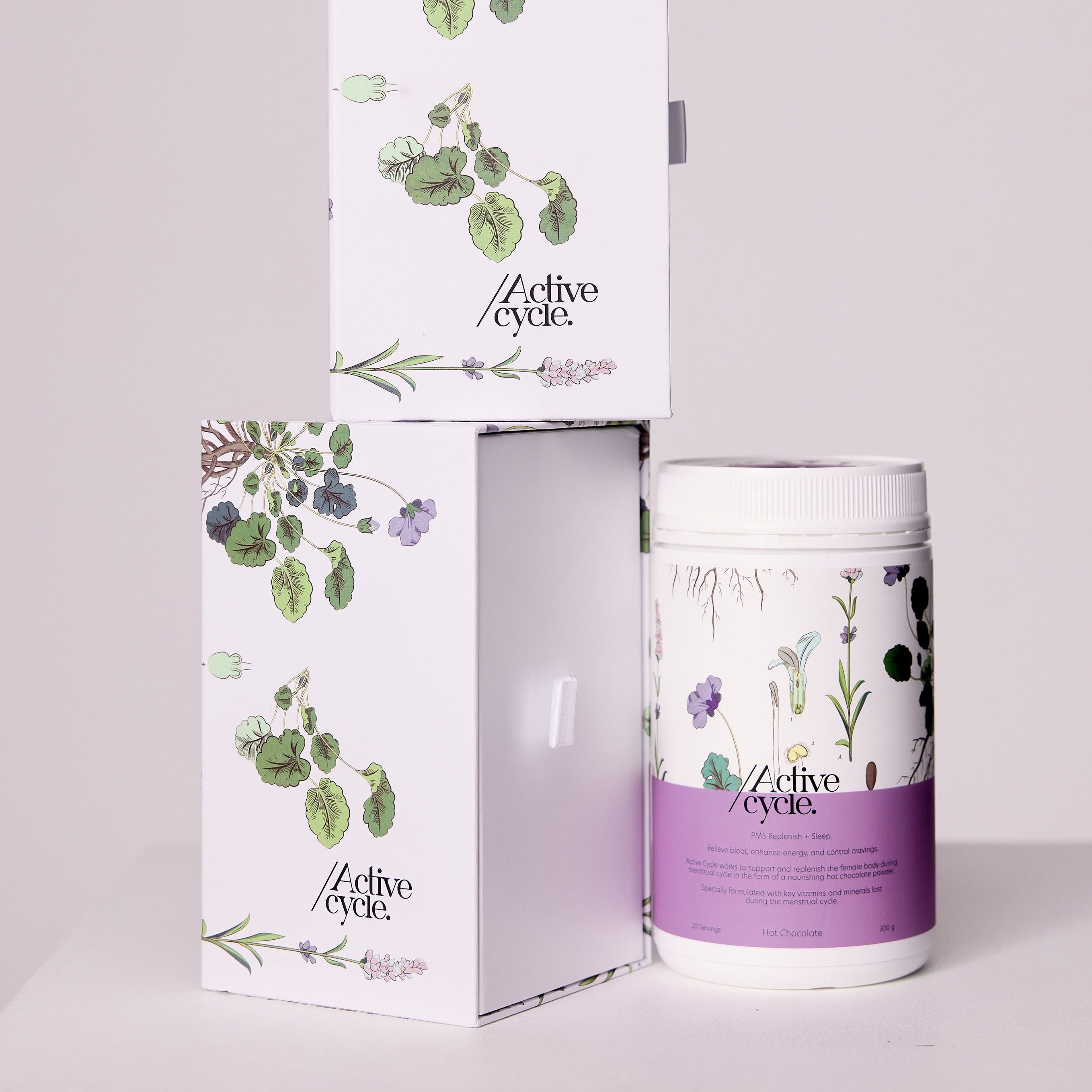The million-dollar question – Is coffee bad for your hormones?
Coffee is an enjoyable part of people’s daily routines due to its energising effects on the central nervous system, and naturally it's addictive taste and smell. Although, it doesn’t agree with everyone.
Coffee, or caffeine, is a stressor that provides short term effects on the body such as mental alertness and improved exercise performance. Those who may not agree with the effects of caffeine experience an increased heart rate and anxious symptoms due to being overstimulated. These symptoms of overstimulation in women of common childbearing age (18-34yrs) can impact reproductive hormone levels and ovulation in the short term.
Caffeine elevates our cortisol secretion, which varies depending on the individual. Cortisol is our body’s stress hormone that produces a ‘fight or flight’ response to react quickly to a ‘threat’. It is secreted by our adrenal glands and fluctuates throughout the day, where it is at its highest 30 minutes after waking i.e., gets us out of bed most days! Drinking coffee on an empty stomach upon waking can have large effects on our cortisol especially if you’re exercising straight after. However, it’s not the coffee itself but the method of drinking it that can be rough on our hormones.
Food and its macronutrients – fat, carbohydrates and protein – slow how quickly caffeine peaks in the blood when coffee is absorbed in the gut and metabolised by the liver alongside macronutrients. These spikes in the blood that cause overstimulation when coffee is taken by itself is what your hormones don’t jive with.
The good news is that you won’t need to give up your beloved coffee just yet. But if you are working on balancing your hormones be smart about drinking coffee on its own with a few of these simple additions:
Add a Fat – coconut milk, organic whole milk, coconut oil or butter, cream
Add a Protein – Active Collagen All-In-One collagen, organic whole milk, non-GMO soy milk
& Add a Carb – raw honey, organic whole milk (yep, it really is a whole food), oat milk
Your hormones will thank you for it.
Nieber K. (2017). The Impact of Coffee on Health. Planta medica, 83(16), 1256–1263. https://doi.org/10.1055/s-0043-115007
Schliep, K. C., Schisterman, E. F., Mumford, S. L., Pollack, A. Z., Zhang, C., Ye, A., Stanford, J. B., Hammoud, A. O., Porucznik, C. A., & Wactawski-Wende, J. (2012). Caffeinated beverage intake and reproductive hormones among premenopausal women in the BioCycle Study. The American journal of clinical nutrition, 95(2), 488–497. https://doi.org/10.3945/ajcn.111.021287
Lovallo, W. R., Farag, N. H., Vincent, A. S., Thomas, T. L., & Wilson, M. F. (2006). Cortisol responses to mental stress, exercise, and meals following caffeine intake in men and women. Pharmacology, biochemistry, and behavior, 83(3), 441–447. https://doi.org/10.1016/j.pbb.2006.03.005
Jones, C., & Gwenin, C. (2021). Cortisol level dysregulation and its prevalence-Is it nature's alarm clock?. Physiological reports, 8(24), e14644. https://doi.org/10.14814/phy2.14644
Harvard School of Public Health. (2022). Caffeine. The Nutrition Source. https://www.hsph.harvard.edu/nutritionsource/caffeine/




